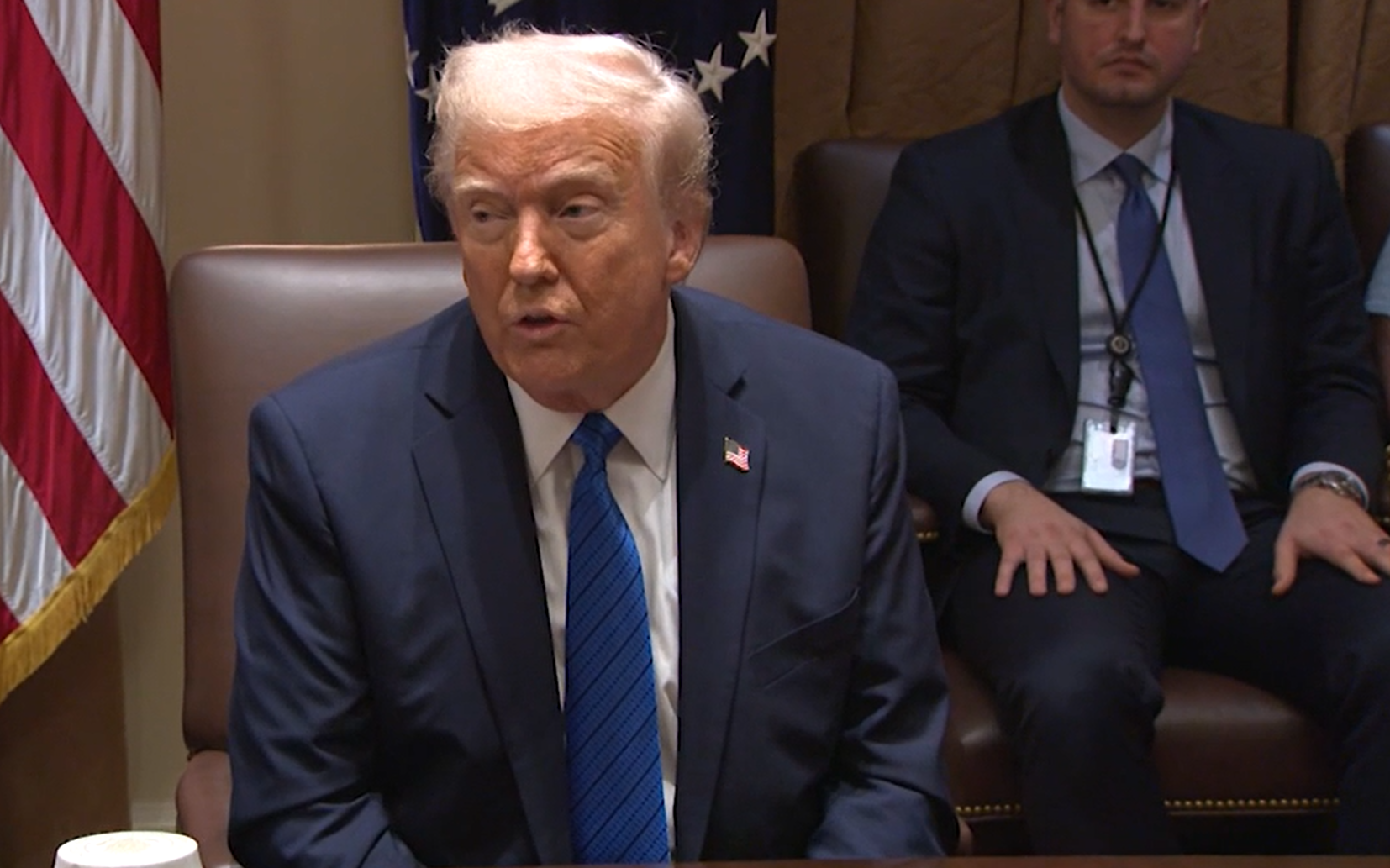Yemen Chat Scandal Fallout: How Trump’s Foreign Policy Shifts Are Reshaping Global Alliances
Discover how the explosive Yemen chat scandal overshadows critical changes in U.S. foreign policy, from strained Europe relations to Mexico’s cartel crackdown. Explore the global ripple effects.
The explosive leak of private Signal chats among Trump administration officials—dubbed the “Yemen chat scandal”—has ignited political chaos in Washington. But beyond the drama, the controversy is diverting attention from seismic shifts in U.S. foreign policy. From Europe’s eroding alliances to rising tensions with Mexico’s drug cartels, here’s how the scandal exposes the administration’s global strategy and its far-reaching consequences.
1. The Yemen Chat Scandal: A Crisis of Credibility
The leaked group chat, first reported by The Atlantic, revealed startling operational details about U.S. airstrikes on Yemen’s Houthi militants. Defense Secretary Pete Hegseth’s cringe-worthy boasts about “clean OPSEC” (operational security) and celebratory fist emojis have raised alarms about the administration’s competence. National Security Adviser Mike Waltz, once respected for his military credentials, now faces scrutiny after inadvertently adding journalist Jeffrey Goldberg to the chat.
The White House’s response—denouncing the leak as a “witch hunt”—highlights its strategy: deflect criticism, attack critics, and portray Trump as a perpetual victim. But the fallout underscores deeper issues: a national security team prioritizing loyalty over experience, with operational decisions debated on vulnerable mobile platforms.
2. U.S.-Europe Relations: A Transactional Alliance Unravels
Private chats exposed visceral disdain for European allies. Vice President JD Vance labeled European reliance on U.S. military aid “PATHETIC,” while adviser Stephen Miller floated billing Europe for Yemen strikes. This hostility aligns with Trump’s long-standing grievances over NATO spending and trade deficits but signals a broader ideological rift.
European leaders now confront a harsh reality: the transatlantic alliance, a cornerstone of post-WWII stability, is crumbling. Trump’s threats to annex Greenland and Vance’s Munich Security Conference speech attacking Europe’s “weak” political culture further strain ties. With trust at an all-time low, the U.S.-Europe partnership faces its most existential threat in decades.
3. Ukraine War Stalemate: Russia’s Game of Delay
As the Yemen scandal dominates headlines, quiet U.S.-brokered talks in Saudi Arabia to end the Ukraine war have stalled. Russia insists on sanctions relief and market access before considering a ceasefire, while Ukraine accuses Moscow of using negotiations as a smokescreen for territorial gains.
Trump’s push for a swift peace deal clashes with Russia’s incremental tactics. His envoy, Steve Witkoff, has echoed Kremlin rhetoric on seized Ukrainian regions, raising concerns about U.S. motives. Analysts warn that without concrete concessions, these talks risk legitimizing Russian aggression—a dangerous precedent for global security.
4. Mexico’s Cartels: A New Front in the Drug War
The administration is escalating its rhetoric—and actions—against Mexican drug cartels. Director of National Intelligence Tulsi Gabbard’s Senate testimony highlighted cartels as the top U.S. threat, citing fentanyl trafficking and human smuggling. This aligns with Trump’s border security agenda and recent military surveillance flights over Mexico.
Critics fear these moves could justify military intervention, risking a diplomatic crisis. Meanwhile, Trump’s focus on Mexico overshadows data showing less than 1% of U.S. fentanyl enters via Canada—a fact undermining his tariff threats against Ottawa.
5. Canada’s Fentanyl Myth: A Misguided Trade War
Despite Trump’s claims, the intelligence community’s 2024 threat assessment barely mentions Canada in the fentanyl crisis. New Mexico Senator Martin Heinrich pressed Gabbard on this disconnect, revealing how Trump’s tariff threats against Canada hinge on exaggerated risks. This raises questions: Why alienate a key ally over a fabricated threat? The answer may lie in political posturing rather than policy.
Conclusion: Scandal vs. Strategy
The Yemen chat scandal offers a window into the Trump administration’s chaotic governance. But beyond the headlines, its foreign policy shifts—abandoning alliances, pressuring Ukraine, targeting cartels—are reshaping America’s global role. Whether these changes secure U.S. interests or deepen global instability remains to be seen. One thing is clear: In the age of Trump, scandal and strategy are inextricably linked.
